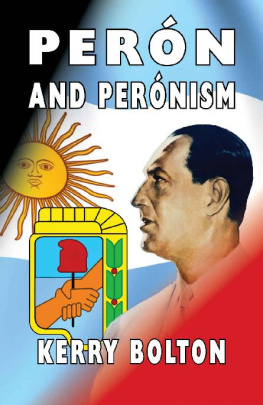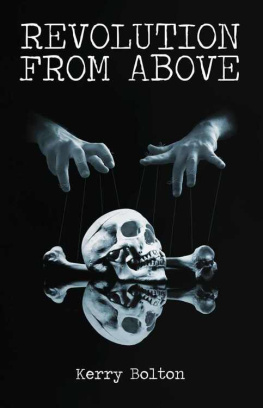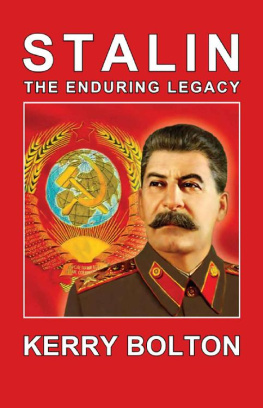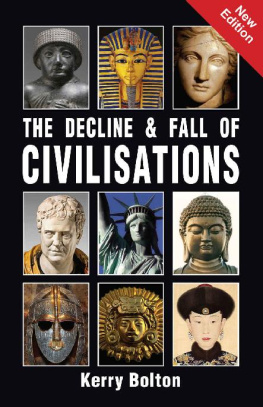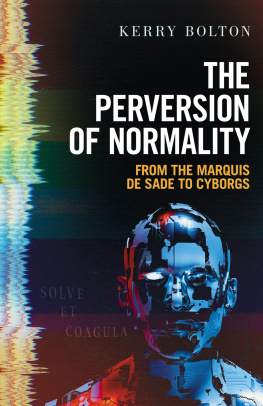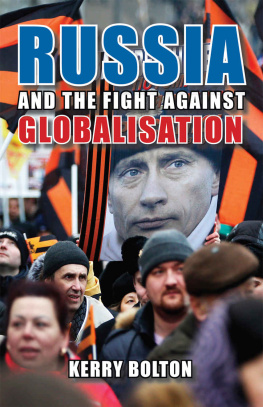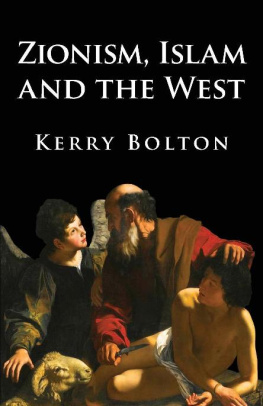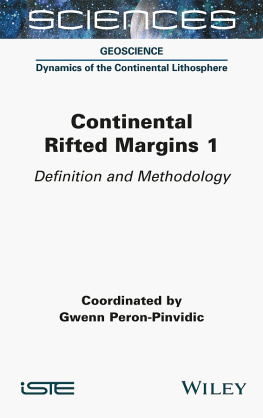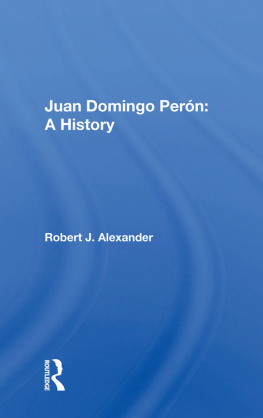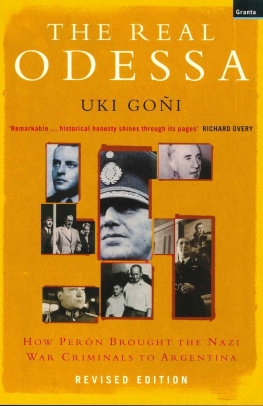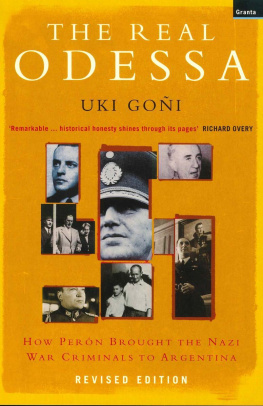Pern and Pernism
The Life & Thoughts of Juan Domingo Pern
by
Kerry R. Bolton
Pern and Pernism
The Life & Thoughts of Juan Domingo Pern
by Kerry R. Bolton
Copyright 2014 Black House Publishing Ltd
All rights reserved. No part of this book may be reproduced in any form by any electronic or mechanical means including photocopying, recording, or information storage and retrieval without permission in writing from the publisher.
Black House Publishing Ltd
Kemp House
152 City Road
London, UNITED KINGDOM
EC1V 2NX
www.blackhousepublishing.com
Email:
Table of Contents
Introduction
T he name Pern is now relatively well-known across much of the English-speaking world, thanks to the long-playing Andrew Lloyd Webber and Tim Rice stage musical Evita (1978-) and the film of the same name (1996). These also spawned the publication or republication of books, again for the most part about Evita Pern, ranging from the relatively useful, such as Alicia Dujovne Ortizs Eva Pern: A Biography (1997), and Evita: An Intimate Portrait of Eva Pern by Tomas de Elia and Juan Pablo Quieroz (1997), to the thoroughly scabrous Mary Main biography Evita: The Woman with the Whip (first published in 1952, and vomited forth again in 1996). As Francisco M. Rocha states in his introduction to Evita: An Intimate Portrait, the popular cult of Evita has over the years persisted, reached immense proportions, and remained intact despite attacks and efforts to demythologize her. (p. 190).
However, General Juan Domingo Pern, the man responsible for the Evita of world fame, is not so well known other than as Evas husband. Even those who write of Pern in a more substantial manner, do so inadequately. They do so with hints, at most, that he was not just another Latin American dictator.
In particular, little is written of Pern as a philosopher, who drew readily from Aristotle, Thomas Aquinas, Plato, and a range of others across time, nation, and culture. Even less is the English reader given the opportunity to know that Pern formulated a philosophy, Justicialism that has an impressive corpus of literature rivalling the accumulated tomes of liberalism, capitalism and Marxism.
In this book I hope to have presented the reader, and in particular the English reader, probably for the first time, with an adequate overview of Pernism in theory and practice, as part of a national-social synthesis that remains relevant to the present age of globalisation and super-power hegemony. I hope to have shown that Pern was in many ways far ahead of his time. He addressed issues that are only now being discussed at world forums, but in Perns case, with the insistence that problems must be solved within a national and more broadly continental context rather than imposing upon humanity a new world order in which we are reduced to being a nebulous mass of economic cogs or, as Pern would say, insectified for the sake of economics.
Kerry R. Bolton
Kapiti Coast, New Zealand
Juan Domingo Pern: A Biographical Sketch
T his book is not primarily intended as a biography of Juan Domingo Pern, but as an examination of the doctrine of Pernism, or Justicialism, of which there are few in the English language. However, given that Pern lends his name to the doctrine his personality, thoughts and experiences are important for understanding the movement and the doctrine he formed. This chapter will provide a broad outline of Perns life, although other biographic details are infused throughout the book.
Pern, the military strategist and professor, an officer of the armed forces in a part of the world where the military is too often synonymous with oligarchic interests, achieved a rare synthesis for Latin America, and indeed for most of the rest of the post-1945 world: Pern united the interests of all productive Argentine sectors into an organic national totality on the basis that the nation is a social unit. The nation is not an area of contending economic forces as per Marxism and capitalism but a territorial expression of a shared heritage and destiny that goes to form a people. Social justice, the meaning of Justicialism, is the foundation upon which to build a nation.
What then of Juan Domingo Pern, the man, and the forces that shaped his life and work? He was born on 8 October 1895, in the provincial town of Lobos in the province of Buenos Aires, the second son of Mario and Juana Pern. His father was an employee of the local court, who was also involved in agriculture. Mario abandoned his family when Juan was five year old. Juana married a farm hand on the family estancia. When Juan was ten he went to live with his uncle in Buenos Aires and there began his formal education.
At sixteen Juan entered the national military academy, Colegio Militar, from 1911 to 1913, to continue his education. He then went to the Escuela Superior de Guerra from 1926 to 1929. The Argentine military academies, as elsewhere in Latin America, had a significant German influence, the academy having been established by a German military mission. The faculty included Germans when Pern studied there. As such the Argentine military was imbued with a strong pro-German sentiment. This encouraged a more sympathetic outlook towards the Third Reich than Anglo-American and other interests would have wished.

Pern as a child
Pern graduated in 1915 with the rank of sublieutenant, lieutenant in 1919, and captain in 1924. The decade was eventful however in establishing Pern as a military scholar, during which he wrote Military Morale, Military Hygiene, Campaigns of Upper Peru, and The Eastern Front in World War I: Strategic Considerations, which were used as textbooks. He served as a Professor of Military History at the War College from 1930. He continued to publish military texts and wrote a study on the language of the Araucanian Indians of the Patagonian region, Place Names Etymology Patagonian Araucana, in 1935; and in 1937 the study, The Strategic Thought and Operational Idea of San Martin in the Campaign of the Andes.
While Pern had established himself as a notable scholar while serving on the Army staff, he also spent much time on sports, building up a formidable physique, and honing his skills in boxing, archery, horseback riding, and as a notable skier and fencer. A biographer points out that, in a military where physical appearance contributed to power, Pern was six feet tall, dark haired and very muscular.
In 1928 Pern married a schoolteacher named Aurelia Tizn and adopted a daughter. Aurelia was an accomplished drawer and painter, and her knowledge of English allowed her to translate several military texts for Pern. She died of cancer in 1938.
In 1930 a coup led by General Jose F. Uriburu overthrew the Government of Hiplito Irigoyen. Perns role in the coup saw him take the presidential palace and environs on 6 September, actions that drew him to the attention of his military superiors.
In 1931 he was promoted to major, and was a member of the committee that defined the borders between Bolivia and Argentina. During 1930-1935 he served as private secretary to the Minister of War.
By 1936 he had reached the rank of Lieutenant Colonel and was teaching at the Escuela Superior de Guerra. During 1936-38 he served as Argentine military attach to Chile, but amid accusations of espionage, which he always denied, Pern was recalled and embarked on a significant episode in the shaping of his thinking:
He was a member of a military mission sent to study in Europe, residing first in Italy in 1939, where he specialised in Mountain Infantry. In 1940 he toured Spain, Germany, Hungary, France, Yugoslavia and Albania. He also saw the Soviet Union, then in alliance with Germany.
Next page
